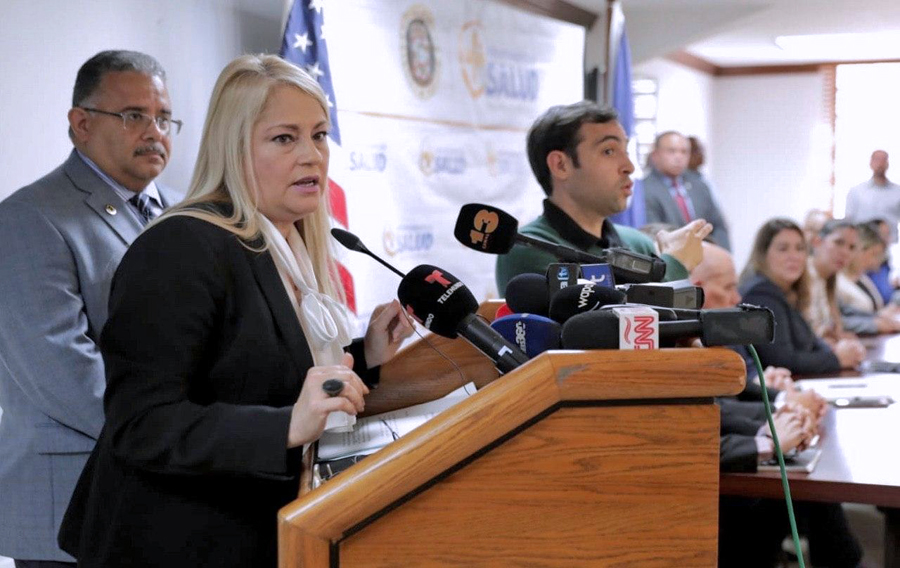U.S. Dept. of Labor offers guidance for preparing workplaces for coronavirus

WASHINGTON, DC – The U.S. Department of Labor’s Occupational Safety and Health Administration (OSHA) published “Guidance on Preparing Workplaces for COVID-19” to help companies respond in the event of coronavirus in the workplace.
The guidance was developed in collaboration with the U.S. Department of Health & Human Services (HHS).
The document provides practical guidance for preventing the spread of COVID-19, also known as novel coronavirus, and contains information on safe work practices and appropriate personal protective equipment based on the risk level of exposure.
“Protecting the health and safety of America’s workforce is a key component of this Administration’s comprehensive approach to combating the coronavirus,” said Principal Deputy Assistant Secretary for Occupational Safety and Health Loren Sweatt.
“This guidance outlines practical ways that employers and workers can address potential health risks from the coronavirus in their workplaces,” she said.
This guidance is part of the Department of Labor’s ongoing efforts to educate the workers and employers about the COVID-19 outbreak.
- In addition to the guidance, OSHA recently launched a COVID-19 webpage that provides infection prevention information specifically for workers and employers and is actively reviewing and responding to any complaints regarding workplace protection from novel coronavirus, as well as conducting outreach activities.
- The Wage and Hour Division is providing information on common issues employers and employees face when responding to COVID-19, including effects on wages and hours worked under the Fair Labor Standards Act and job-protected leave under the Family and Medical Leave Act.
- The Office of Workers’ Compensation Programs has also published guidance for federal employees and outlines Federal Employees’ Compensation Act coverage as it relates to the novel coronavirus.
For further information about coronavirus, visit the HHS’s Centers for Disease Control and Prevention.










